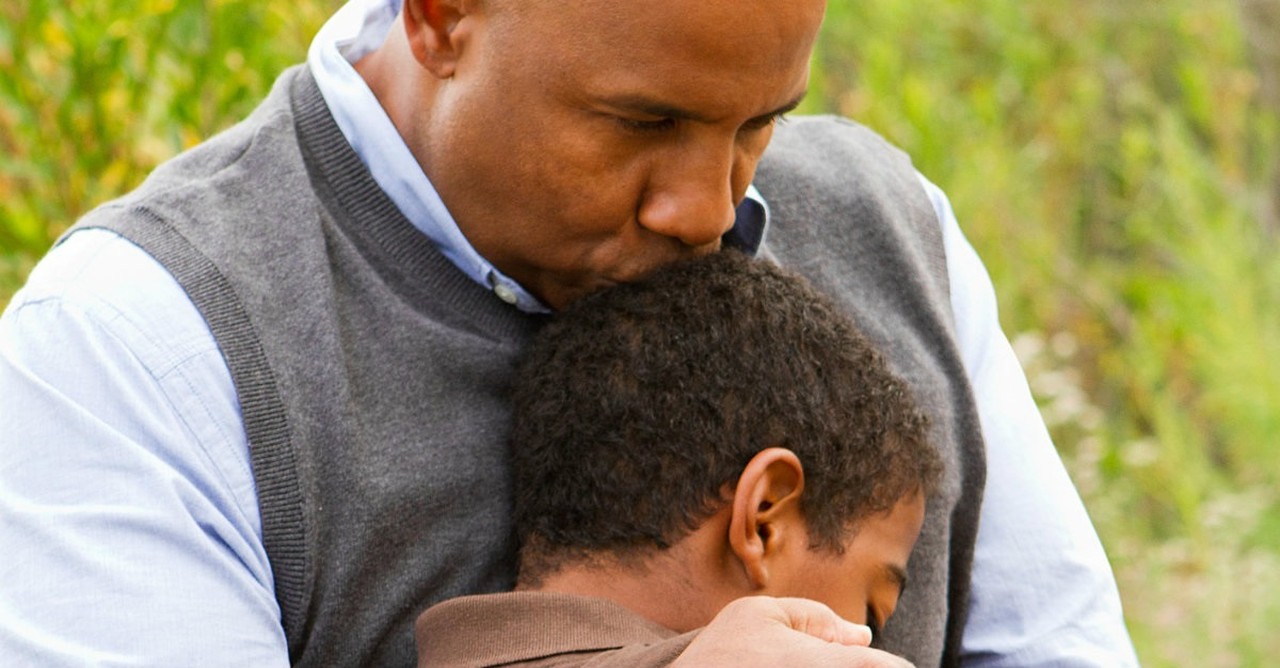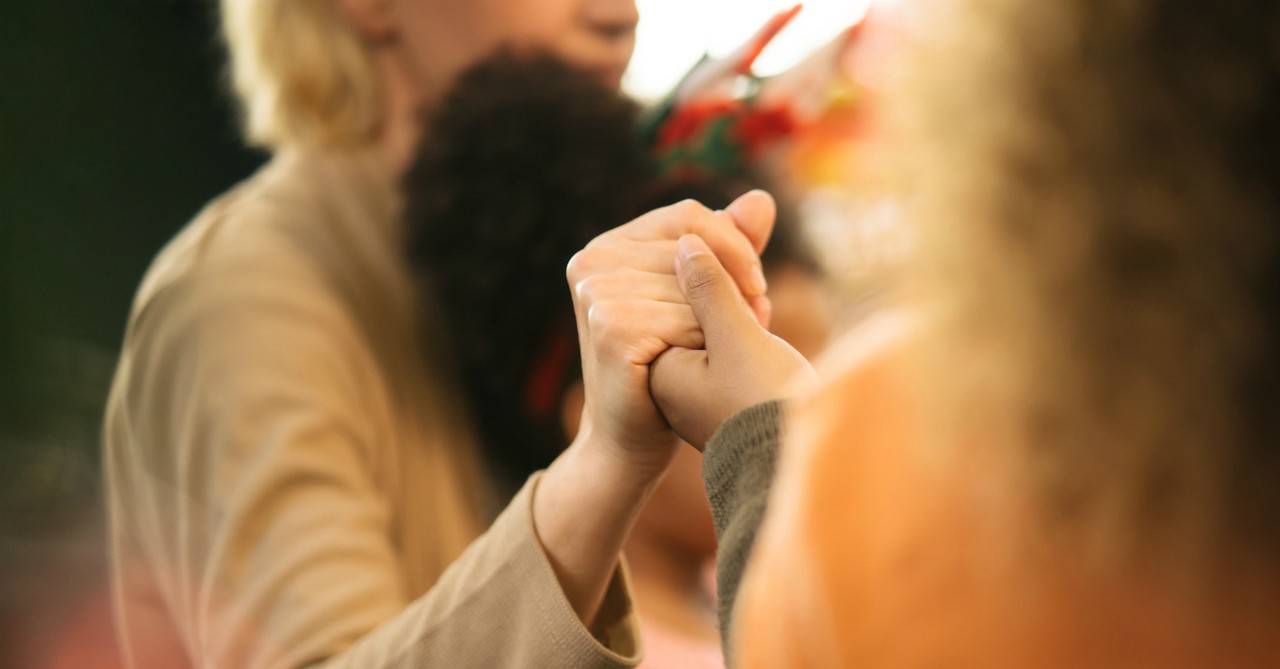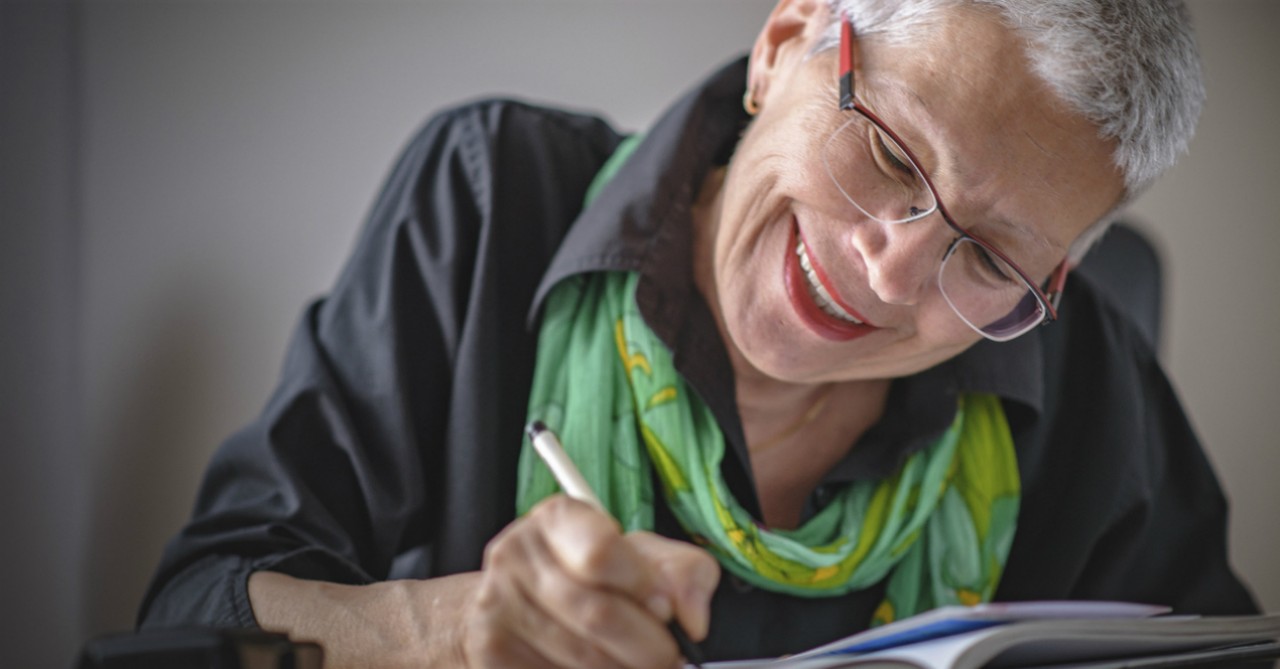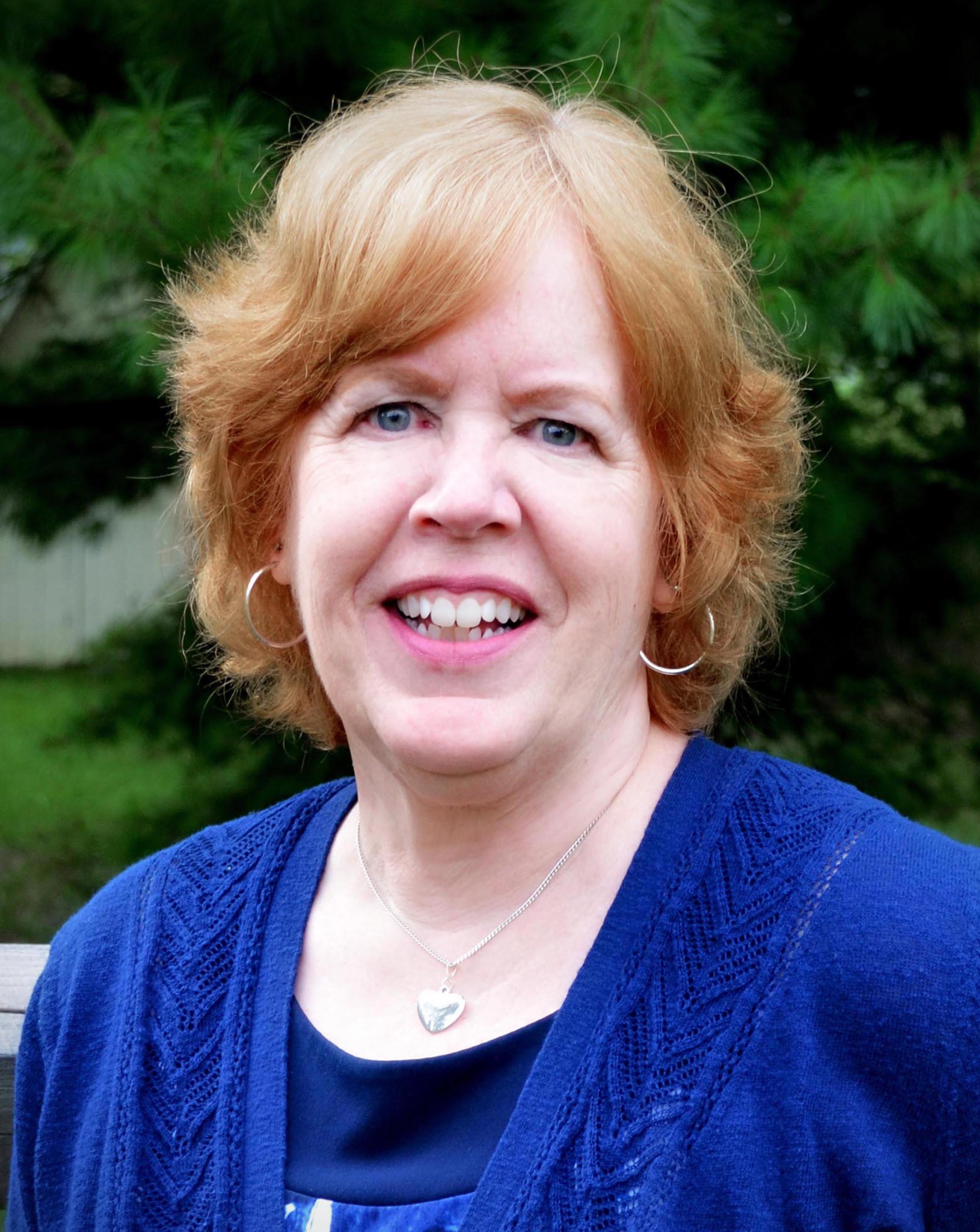
There are many heroes of the faith in the Bible. As we read their stories, we typically see them as patriarchs and kings, military leaders and soldiers, strategists and spies, or parents and children. Rarely, if ever, do we think of them as grandparents.
However, it’s true that most of the well-known people of the Bible were grandparents. Many played a key role in history, and each has something to teach grandparents today.
Consider the following 7 biblical grandparents and what we can learn from them.
1. Enoch

1. Enoch
SLIDE 1 OF 7
The grandfather of Lamech and great-grandfather of Noah, it is said that Enoch “walked with God” (Genesis 5:22, 24). Now get this, he didn’t just walk with God for a season or two or when things were easy.
No, he walked with God for three hundred years, during an age of terrible corruption. Such corruption that God, in fact, wiped out the entire world (minus Enoch’s grandson’s family) a mere two generations later.
Enoch lived against the grain of society and became the first man to experience something even Adam had not, the true delight of walking with God. He learned how to commune with God in every moment and circumstance of life.
You know the story. Enoch did not die but was taken up because he pleased God (Hebrews 11:5). How did he please God? By walking with Him. Enoch’s example underscores God’s desire for us to walk with Him.
What lesson can we learn from Grandpa Enoch? First, walking with God is our priority, one which might even require that we live against the grain of society. In examining the life of Enoch, we also see that our walking with God must not be out of duty but our greatest delight.
And how did Enoch’s walk affect his relationship with his grandson? I think it’s safe to say that Enoch passed his belief in and love of the Lord on to his grandson, Noah, whose family was the only one to be saved from the flood.
Photo Credit: ©GettyImages/beerphotographer
2. Abraham

2. Abraham
SLIDE 2 OF 7
We are first introduced to Jacob’s grandfather in Genesis chapter 11, where his name is Abram.
Soon after the introduction, we read that Abram was called by God to leave his country and his family (Genesis 12:1). We also read just a few short verses later, that Abram, without any knowledge of where he was going or what was in store for him, went (Genesis 12:4).
Leaving wasn’t in Abram’s plan. Relocating was not on his agenda. He wasn’t given any details, let alone a map or item-by-item itinerary. Yet, he went--without dragging his feet.
One of the most valuable lessons we can learn from Abraham is that of prompt obedience. Some of us are planners. Most of us want details. We “need” to know where we are going and how we are going to get there. But this was not the case with Abraham.
It certainly may have taken him some time to pack up the family and make final preparations for the trip, but in his mind, Abraham was already on the way as soon as God called.
When God spoke to him, he listened. When God commanded, he obeyed (Hebrews 11:8).
And, of course, we cannot talk about Abraham without mentioning Isaac and the altar. What lesson can a grandparent possibly learn from this uncomfortable account? I think it comes down to this: knowing God. Abraham KNEW God.
Therefore, he had complete trust when asked to do a very hard thing.
Our lesson from Abraham is that a confident belief and trust in God comes from knowing Him (James 2:23).
Photo Credit: ©Unsplash/Greg Rakozy
3. Isaac and Rebekah

3. Isaac and Rebekah
SLIDE 3 OF 7
Remember flannelgraphs? The life of Isaac provided rich material for these eye-catching Sunday School lessons--promised to parents of old age, bound and offered by his father as a sacrifice, kept at home while a servant was sent to choose his wife, blessed with twins.
The grandparents of Joseph through one of their twins, this Bible patriarch and his wife have a couple of valuable lessons to teach us.
The first lesson we learn from Isaac and Rebekah is of the “what not to do” variety. Soon after reading of the birth of their twin sons in Genesis chapter 25, we read these words, “Isaac … loved Esau, but Rebekah loved Jacob” (Genesis 25:28).
Isaac and Rebekah played favorites with their sons, and it proved to be a very dangerous game. Instead of growing up as close-knit brothers, these boys grew to become fierce rivals. In fact, when all was said and done, poached birthrights, mother-son deceptions, and stolen blessings fueled one of the worst rivalries in history.
Isaac and Rebekah demonstrate to us the negative outcome of showing partiality. In His Word, God instructs us not to show favoritism (James 2:1, 9). As well, we know from Scripture that Christ died for all (John 3:16), and that God Himself shows no favoritism (Romans 2:11). It is clear, as grandparents, we must avoid ever playing favorites among our grandchildren.
Let’s not leave Isaac not a sour note. There is another valuable lesson he can teach us, and while the first lesson was a “what not to do,” this one is of a much more positive nature.
In a time when multiple wives and concubines were common, we see from the Bible that Isaac was faithful to Rebekah. No, they were not perfect, neither was their relationship perfect. Yet, in a marriage founded on God, they remained committed to one another no matter what.
Marriage is sacred. It is to be founded on God, and our commitment to it unwavering. In a culture of little commitment and follow-through, where marriage is considered lightly and viewed as disposable, our grandchildren need us to be a model of biblical marriage no matter how tough things get.
Photo Credit: ©GettyImages/Paul Bradbury
4. Jacob

4. Jacob
SLIDE 4 OF 7
This grandpa to Ephraim and Manasseh (Joseph’s sons) has a lesson to teach grandparents about the act of giving a blessing.
Blessings are serious business. We need only look at twin brothers Jacob and Esau again to see this. Consider for a moment Jacob’s shrewd acts of tricking Esau out of his birthright. By Esau’s response, it appears that the birthright was not a big deal.
We see his only response is to despise his birthright (Genesis 25:29-34). Nowhere do we read of Esau trying to regain it by taking his case before Isaac or trying to renegotiate it with Jacob.
However, take a look at his response when tricked out of his father’s blessing: “When Esau heard his father’s words, he burst out with a loud and bitter cry and said to his father, “Bless me—me too, my father” (Genesis 27:34)!
This time Esau totally lost it, to the point he was ready to kill his brother. Certainly, there was more to blessing than most of us understand today.
Old Testament blessings from father to son included words of encouragement and affirmation, details regarding the son’s inheritance, and prophetic words concerning the future.
This practice of father-to-son blessing was emphasized in the book of Genesis where we read formal blessings being bestowed upon sons by each of the patriarchs. And in the case of Jacob, the practice was extended to grandsons as well (Genesis 48:9).
Blessings are powerful and important in the lives of others. This was true in Bible times and remains true today. To receive a blessing is a high honor. Not receiving one is commensurate to a curse.
From Jacob, we learn the incredible power of blessing and the importance of speaking one over our grandchildren. With their words, grandparents today have the potential to bless or to curse their grandchildren. A spoken blessing serves as a conduit through which we affirm our grandchildren’s worth as children of God.
Photo Credit: ©GettyImages
5. Boaz and Ruth

5. Boaz and Ruth
SLIDE 5 OF 7
The grandparents of Jesse and great-grandparents of David, Ruth and Boaz teach us much about God’s lavish love, redemption, and something called grace.
Let’s begin with a little background.
Ruth was a Moabite and daughter-in-law to Naomi, an Israelite living in Moab. Upon the deaths of all the men in the family, Ruth was the one to take a risk by leaving her home, her family, and her gods to follow Naomi back home. Their people enemies, Ruth was a foreigner in a strange and hostile land.
Boaz, Ruth’s eventual redeemer-husband, was most likely, based on biblical record, the son of Rahab. Recall that Rahab was a non-Jewish woman and former prostitute who survived Israel’s conquest of Jericho because she hid the Jewish spies and helped them escape.
Can you imagine the stories Boaz heard as a boy? Stories of God’s incredible work in Jericho and in the lives of Rahab’s family? The redemption story of a foreigner and harlot who was saved by the grace of God and grafted into Israel’s tree?
I’m sure the personal testimony of God’s lavish love poured out on Rahab affected the way Boaz viewed Ruth the day he saw her gleaning in his field and discovered who she was. Quite likely, he saw something familiar and dear in a woman who had left everything to embrace Naomi, her nation, and her God.
Many lessons come from this pair of Bible grandparents. They teach us the importance of sharing our God stories with our children and grandchildren. They teach us to trust God with our grandchildren as the two of them share their story of God’s love for reconciling enemies, redeeming sinners, and making foreigners His children.
Additionally, Ruth and Boaz teach us that God delights in making beautiful things out of horrible messes.
Photo Credit: ©GettyImages/monkeybusinessimages
6. Hannah

6. Hannah
SLIDE 6 OF 7
Typically, when we hear the name Hannah, we conjure images of a mom, not a grandma. Our thoughts turn to her poignant story recorded in 1 Samuel chapter 1--the one where we read of a woman desperately yearning to be a mom.
But that is not the entirety of Hannah’s story. Hannah is also a grandma. Years after her faithful perseverance in the wait for a child, she was blessed to become the grandmother of Joel.
The Bible tells us that “year after year” Elkanah, Hannah’s husband, went to Shiloh to worship and sacrifice (1 Samuel 1:3). It does not say how many years, but even two would be a long time when waiting for a child.
Yet, wait she did, and while she waited, Hannah prayed. I’m sure at times it felt as though she were praying for something she would never receive, but she did not give up. In fact, quite the opposite occurred.
Hannah grew to the place where she was able to offer back to God, the one thing she was so desperately waiting for. In her persistent waiting, Hannah’s faith grew. Her focus shifted away from herself and toward God’s glory.
From Grandma Hannah, we can learn that God, working in a multitude of way, uses our waiting to grow our faith. Additionally, we can follow her example of perseverance – when finances are tight, when family dynamics are strained, when our grandchild walks away from God. Rather than giving up, we can know that perseverance produces character, and character produces hope (Romans 5:3-5).
Photo Credit: ©GettyImages
7. Lois

7. Lois
SLIDE 7 OF 7
Lois certainly was not the only grandparent in the Bible who exhibited a strong faith in God. Hers, however, does catch our attention just as it did the apostle Paul’s.
It is recorded in the Bible that Timothy’s grandmother was the starting point of a sincere faith that was seen in both her daughter and her grandson (2 Timothy 1:5). And later in the same book of the Bible, we learn from Paul that Timothy had been learning about God from his grandmother since childhood (2 Timothy 3:14-15).
Lois had a generational mindset. She did not work hard to cultivate faith in her daughter and stop there. No, she continued working, investing in the next generation. Lois discipled Timothy, influencing him just as she had her daughter. Grandma Lois set the foundation for Timothy to develop into the man that he did.
There are valuable lessons to be learned from Lois. This New Testament grandmother teaches us that we need to have a generational mindset as we work to cultivate a sincere faith in our grandchildren. In a culture that shouts to us that our work is finished, and we have earned time all to ourselves, we would do well to keep Lois and this lesson in mind.
The Bible is clear. We are to make the things of God known to our grandchildren (Deuteronomy 4:9) and pass to them a heritage of faith (Psalm 78:4). With great conviction and resolve, we must resist the temptation to call our work finished and declare the discipling of our grandchildren to be someone else’s work.
As well, we must understand that the value of our relationship with our grandchildren is not to be dismissed. Lois valued her relationship with Timothy and through it was able to have great influence on his life. According to research, grandparents have the most influence on their grandchildren of anyone other than parents. Taking a lesson from Lois, we must understand that our relationship with our grandchildren is a priority, a place where we can disciple then from an early age, passing a heritage of faith.
The grandparents of the Bible have much to teach us about our role if we will but look and listen.
May it be said of us as it was of Grandpa Jotham (Hezekiah’s grandfather), “He did what was right in the eyes of the Lord (2 Kings 15:34). And may we be models of God’s love and grace to our grandchildren who are watching and will surely be affected by the lives we choose to live.
Deborah Haddix serves as Resources Coordinator for the Prayer Ministry of Christian Grandparenting Network and is the author of Biblical Portrait of Grandparenthood: Discovering and Living Out God’s Design for Our Role. She is also a blogger, speaker, and Christian Life Coach. Connect with Deborah at her website.
Photo Credit: ©GettyImages/TeoLazarev

Originally published December 18, 2023.







